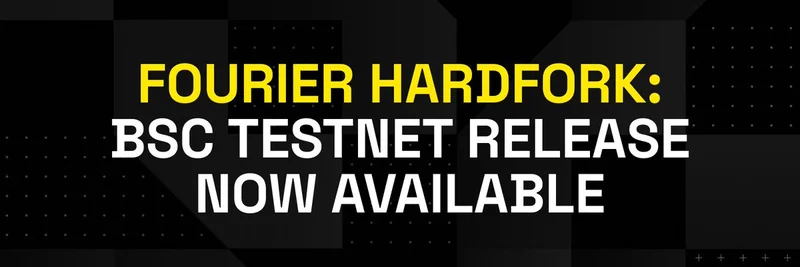In the wild world of crypto, where prices swing like a pendulum on steroids, it's easy to get caught up in the hype or doom of your favorite online circles. A recent thread from @apewoodx on X (formerly Twitter) hits this nail right on the head, reminding us why tuning out opposing views can be a recipe for disaster. As someone who's navigated the choppy waters of blockchain news and meme tokens, I can tell you this advice is gold—especially for those diving into volatile assets like Dogecoin or the latest frog-themed sensation.
@apewoodx kicks things off by calling out folks who lash out at differing opinions. "People who get angry at those who have a different view are basically just doxxing themselves as not having a view," he says. Doxxing here isn't about revealing personal info; it's a metaphor for exposing your own lack of solid reasoning. In crypto lingo, being "bullish" means you're optimistic about prices going up, while "bearish" is the pessimistic flip side, betting on a drop. The key takeaway? Whether you're all-in on a bull run or bracing for a bear market, you need to deeply understand the other perspective to strengthen your own.
Think about it in meme token terms. Meme coins thrive on community hype and viral moments, but they're also prone to massive dumps when sentiment shifts. If you're bullish on a token like PEPE because of its fun memes and growing community, but you ignore bearish signals like whale sells or regulatory whispers, you're setting yourself up for a rug pull—a term for when developers or big holders suddenly exit, tanking the price. @apewoodx warns that being "delusionally bullish" without considering the downsides means you're not really playing the game; you're just gambling blindly.
On the flip side, if you're a bear sitting on the sidelines, scoffing at every pump as "just another scam," but you can't wrap your head around why something like Shiba Inu exploded in value, you're coping with FOMO (fear of missing out) rather than making informed calls. The thread emphasizes balance: "Bull or bear you have to understand the other side really well to have confidence in your own idea and bias."
He doubles down with a follow-up: "The noise in the echo chamber will eat you alive before the market does if you don't have a view yourself." Echo chambers are those social media bubbles where everyone agrees, amplifying biases and drowning out reality checks. In Crypto Twitter (often abbreviated as CT), this is rampant—threads filled with moon emojis for bulls or grave warnings for bears. @apewoodx likens CT to a "dark cave" where without your own direction, the chaotic voices drive you mad. It's a vivid metaphor that rings true for anyone who's scrolled through endless debates on Solana's scalability or Ethereum's gas fees.
And let's not forget his cheeky aside about liking your own tweets: "Apparently we get screwed for liking our own tweets but man that shit is habit now lol." It's a light-hearted nod to X's algorithm tweaks, but it underscores how even small habits can skew our online experiences.
Wrapping it up, @apewoodx drops a humble bomb: "Friendly reminder that no one has a crystal ball and can predict the future." In meme token land, where a single Elon Musk tweet can send prices soaring or crashing, this is crucial. Building a knowledge base—through sites like Meme Insider—helps you form educated views rather than chasing shadows.
So, next time you're deep in a Twitter Spaces rant or a Telegram group echo, step back. Challenge your biases, study the counterarguments, and craft a strategy that's truly yours. In the end, that's what separates the survivors from the sidelined in this crypto jungle. Stay informed, stay balanced, and who knows? Your next trade might just moon.


